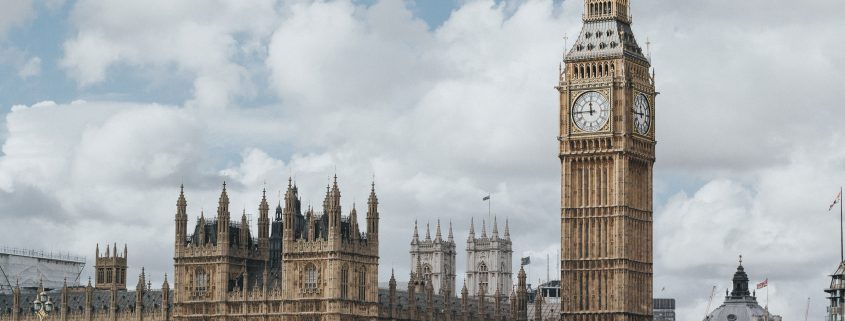Emergency Budget to Help UK Plc Withstand Coronavirus
There is no doubt that Covid-19 is currently the greatest challenge for UK business. The government today warned of ÔÇÿsignificant but temporary’ disruption to the economy as contagion increases. The Chancellor unveiled a raft of measures worth ┬ú30bn to help businesses and the NHS withstand the disruption. Here, we round up the key points relating to business and the economy.
An Emergency Budget
Normally, a ÔÇÿSpring Statement’ would take place in March and a full budget in November; however due to the general election the usual autumn statement was postponed until today. Chancellor Rishi Sunak a former Goldman Sachs banker, has only been in post since February after his predecessor Sajid Javid quit. He delivered his maiden budget with a primary focus of minimising the economic cost of the Covid-19 outbreak. Ahead of the budget announcement, the Bank of England slashed rates this morning by 0.5% from 0.75% to 0.25% in a bid to shore up the economy.
Assistance for Businesses
The Chancellor unveiled several measures to ease pressure on small businesses. Firms with fewer than 250 staff will be refunded for sick pay payments for the fortnight required for Covid-19 self-isolation. Small firms will be able to access “business interruption” loans of up to ┬ú1.2m.
Business rates in England will be abolished for firms with a rateable value below ┬ú51,000 in the retail, leisure and hospitality sectors. The system of High Street business rates is to be reviewed later this year. Firms eligible for small business rates relief will receive a ┬ú3,000 cash grant; and whilst the Entrepreneurs’ Relief will be retained, the lifetime allowance will be reduced from ┬ú10m to ┬ú1m
The tax threshold for National Insurance Contributions will rise from £8,632 to £9,500.
Economic Forecast
The economy predicted to grow by 1.1% this year representing the slowest growth since 2009; the actual figure could be even smaller however, as this prediction does not account for the Covid-19 impact.
Growth is predicted to rebound to 1.8% in the 2021-22 fiscal year, then 1.5% in 2022-23 and 1.3% in 2023-24. Inflation is forecast at 1.4% this year, increasing to 1.8% in 2021-2022. The government is to borrow £14.6bn more this year than previously forecast, representing 2.1% of GDP.








